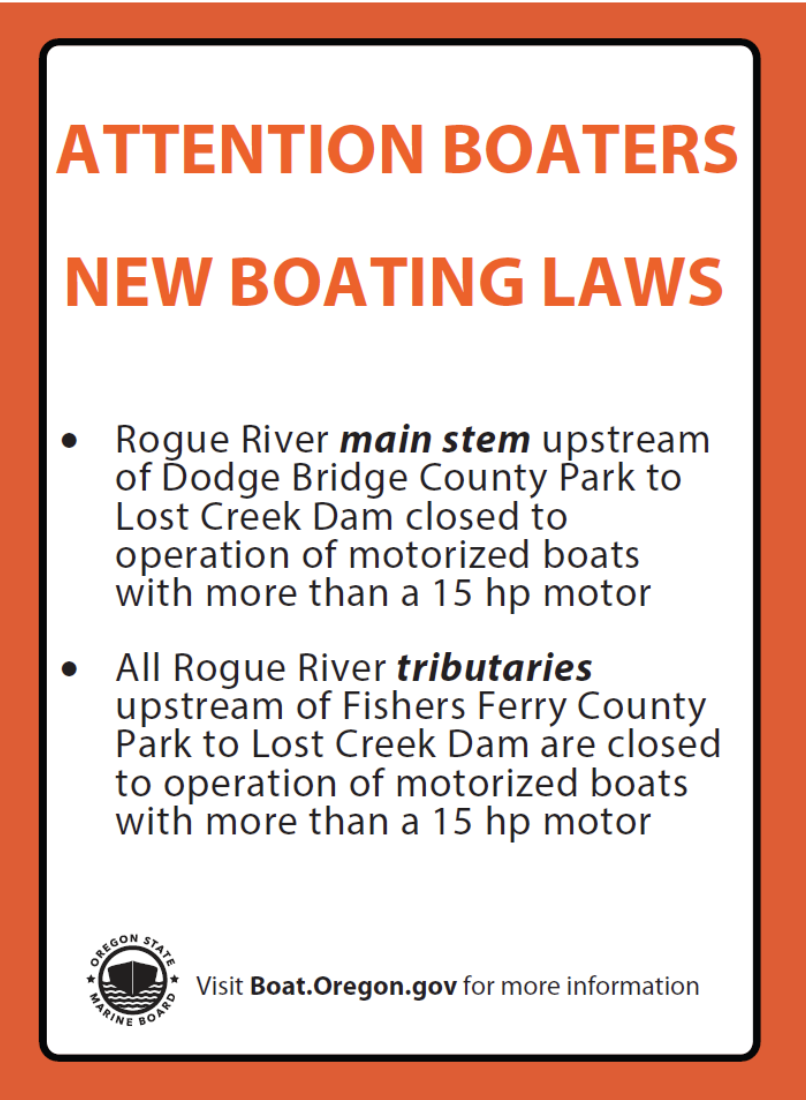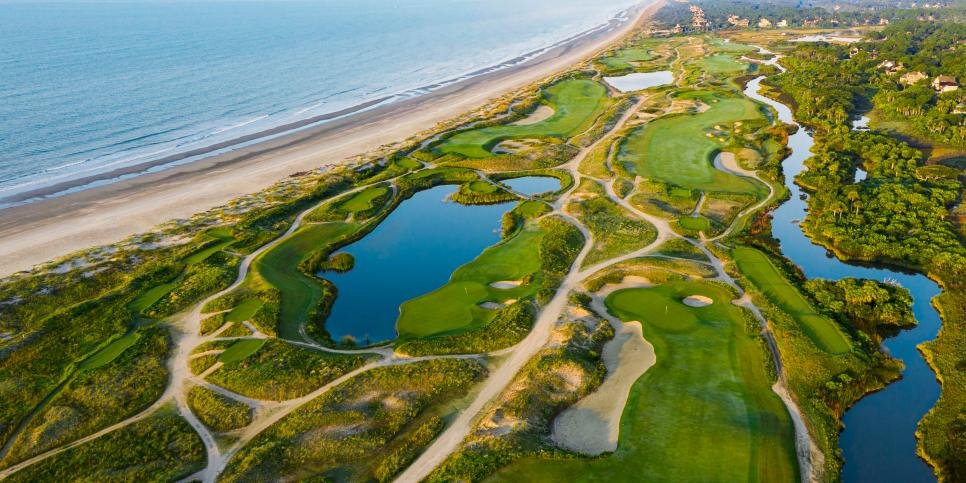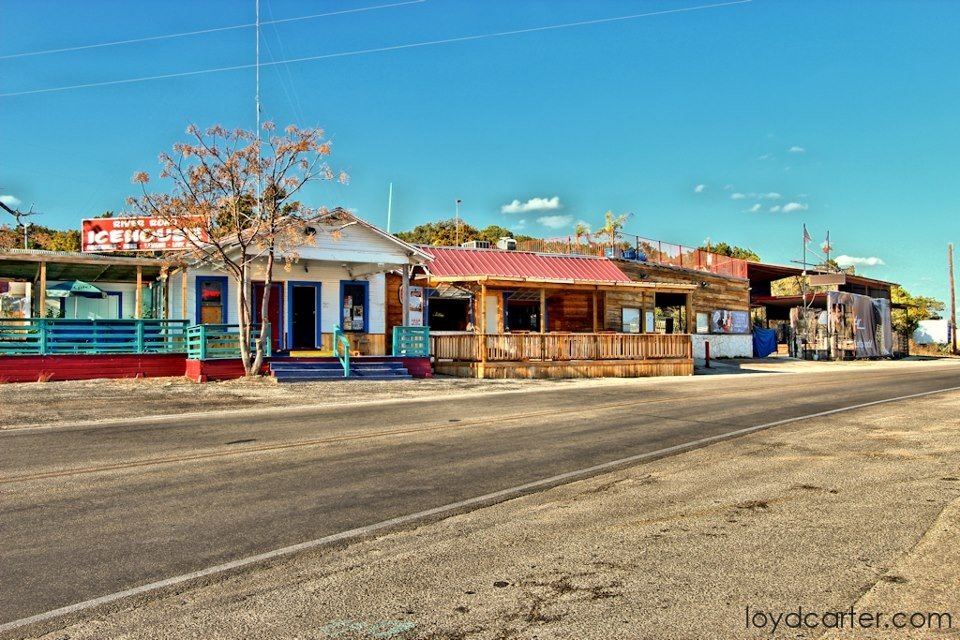Are you staring at your puzzle grid, completely stumped by the city on the river clyde crossword clue? You’re not alone. This particular query is a classic for a reason, pointing to a city brimming with character, history, and an identity forged by the very waters that flow through it. The answer, of course, is Glasgow. But to simply fill in the letters and move on would be to miss the story behind the clue. This guide from rollocks delves into why Glasgow is the definitive answer, exploring its profound connection to the Clyde and uncovering the vibrant urban landscape that awaits beyond the black and white squares. We will journey through Glasgow’s heritage, witness the legacy of its world-famous Clyde shipbuilding past, and discover the incredible cultural landmarks that make it a must-visit destination in the UK.

A Puzzler’s Verdict: What Visitors Really Think
As a reviewer for rollocks, I often find that the simplest prompts lead to the most profound discoveries. The search for the “city on the river clyde crossword” answer was one such journey. I arrived in Glasgow on a crisp autumn morning, the low sun glinting off the modern architecture that now lines the riverbanks. My initial mission was simple: understand the city behind the clue. What I discovered was a place of fascinating contrasts, where gritty industrial history shakes hands with a thriving contemporary arts scene. The people are as much a part of the landscape as the sandstone tenements, their warmth and humour immediately evident. Walking from the imposing grandeur of George Square to the bohemian buzz of the West End, you feel the city’s pulse. It’s not just a collection of streets and buildings; it’s a living narrative of resilience and reinvention, a story told in every pub, gallery, and music venue.
The River Clyde is the city’s main artery, and you can’t truly understand Glasgow without spending time beside it. I took a walk along the Clyde Walkway, passing under the iconic arches of the Clyde Arc bridge. The ghosts of the shipyards are palpable here. You can almost hear the clang of steel and the shouts of workers who once launched the world’s greatest ships from these banks. Yet, today, the area is also home to the futuristic shapes of the SEC Armadillo and the OVO Hydro, symbols of Glasgow’s new identity as a centre for entertainment and conferences. This blend of past and present is what makes Glasgow so compelling. It’s a city that honours its tough, working-class roots while striding confidently into the future. It’s far more than a five-letter answer in a puzzle; it’s an experience that stays with you.
Why is Glasgow the Answer to the “City on the River Clyde Crossword” Puzzle?
The connection between Glasgow and the River Clyde is one of the most symbiotic relationships between a city and a waterway in the United Kingdom. For crossword constructors, this pairing is a gift—it’s geographically precise, historically significant, and widely recognised. The answer is unequivocally Glasgow because the city’s very existence, its rise to prominence as the “Second City of the British Empire,” and its subsequent transformations are all inextricably linked to the river.
Historically, the Clyde was the engine of Glasgow’s prosperity. The river was deepened and widened in the 18th and 19th centuries, an incredible feat of engineering that allowed ocean-going vessels to sail right into the heart of the city. This transformed Glasgow from a modest market town into a global hub of trade and, most famously, shipbuilding. “Clydebuilt” became a hallmark of quality and engineering excellence, recognised the world over. This deep-seated historical identity makes the connection immediate and undeniable, perfect for a succinct crossword clue. To know the River Clyde in a UK context is to know Glasgow.
The Enduring Legacy of Clyde Shipbuilding
You cannot discuss Glasgow without paying homage to its shipbuilding past. This industry didn’t just shape the riverbanks; it shaped the city’s character, its communities, and its people. At its peak, the Clyde’s shipyards were a powerhouse, producing a significant portion of the world’s ships. The immense pride and tough-as-nails spirit of the shipyard workers became ingrained in the Glaswegian identity. While the industry has declined significantly, its legacy is proudly preserved.
Visitors can explore this rich history at the Riverside Museum, Scotland’s museum of transport, which sits on the north bank of the Clyde. Its striking Zaha Hadid-designed building houses incredible collections that tell the story of Glasgow’s industrial might. For a more visceral connection, a visit to the Titan Crane in Clydebank offers panoramic views and a tangible link to the scale of the ships that were once constructed here. This heritage is not just a footnote in a history book; it is a living part of the city’s soul. Understanding this is key to appreciating why the “city on the river clyde crossword” clue so perfectly encapsulates Glasgow.
A City Reborn: Culture and Arts on the Clyde
While its industrial past is fundamental, modern Glasgow is defined by its cultural vibrancy. The city has masterfully repurposed its post-industrial landscape into a thriving centre for arts, music, and education. The area once dominated by docks and warehouses is now home to some of Scotland’s most important cultural institutions. The BBC Scotland headquarters and the STV studios sit proudly on the banks of the Clyde, broadcasting to the nation and beyond.
The music scene is legendary. Venues like the OVO Hydro and the Barrowland Ballroom attract global superstars, yet it’s the smaller, intimate venues that truly capture the city’s musical heart. Glasgow has been designated a UNESCO City of Music, a testament to its incredible contribution to the industry. This cultural renaissance is a powerful example of urban regeneration. The city didn’t erase its past; it built upon it, creating a new identity that is dynamic, creative, and forward-looking. To explore a similar puzzle that often trips people up, understanding the nuances of the river through glasgow nyt crossword clue provides excellent context for how this city is represented in word games.
“Glasgow’s genius lies in its ability to regenerate without losing its soul. The city wears its industrial scars as badges of honour while simultaneously nurturing a world-class cultural landscape. The Clyde is the thread that ties these two identities together.” – Dr. Alistair Finch, Cultural Historian
Beyond the Grid: Exploring the Heart of Glasgow
Once you’ve pencilled “GLASGOW” into your crossword, the real adventure begins. The city offers a treasure trove of experiences that cater to every interest, from history buffs and art lovers to foodies and shopaholics. Its grid-patterned city centre makes it wonderfully easy to navigate on foot, with architectural gems at every turn.
A great starting point is George Square, the city’s principal civic square, surrounded by magnificent Victorian buildings, including the opulent City Chambers. From there, it’s a short stroll to the Merchant City, an area of elegant 18th-century warehouses and townhouses that once belonged to wealthy tobacco lords. Today, this district is filled with designer boutiques, stylish bars, and some of the city’s best restaurants, offering a taste of Glasgow’s sophisticated side. This blend of history and modern luxury is a recurring theme throughout the city.
Architectural Marvels from Mackintosh to Modernism
Glasgow is an architectural playground. The city is perhaps most famous for the work of Charles Rennie Mackintosh, a visionary architect, designer, and artist who was a leading figure in the Art Nouveau movement. You can see his distinctive style at the Willow Tea Rooms and the Mackintosh House at the Hunterian Art Gallery. His influence is a key part of the city’s aesthetic identity.
But the architectural journey doesn’t stop there. Glasgow Cathedral is a breathtaking example of medieval Gothic architecture, one of the few to have survived the Reformation intact. Juxtaposed against this ancient splendour are the bold, contemporary designs that line the River Clyde, such as the aforementioned Riverside Museum and the Clyde Arc. This visual dialogue between old and new makes a simple walk through Glasgow an inspiring experience for anyone with an eye for design and history.
A Paradise for Shoppers and Food Lovers
For those seeking retail therapy, Glasgow is second only to London in the UK for shopping. The “Style Mile,” a concentration of interconnected streets in the city centre, includes Buchanan Street, Argyle Street, and Sauchiehall Street. Here you’ll find everything from high-end brands and flagship stores to quirky independent shops in the hidden lanes.
The city’s food scene is equally diverse and exciting. Glasgow has shed its old culinary stereotypes and is now a certified foodie destination. From traditional Scottish fare like haggis, neeps, and tatties served in cosy pubs to Michelin-starred dining experiences and a vibrant street food scene, there’s something to satisfy every palate. The Finnieston neighbourhood, in particular, has become a hotspot for innovative and acclaimed restaurants, making it a must-visit for any culinary adventurer.
| Feature | The Clyde of Yesterday | The Clyde of Today |
|---|---|---|
| Primary Function | Shipbuilding, Global Trade | Culture, Entertainment, Residence |
| Key Landmarks | Shipyards, Docks, Cranes | SEC Campus, Riverside Museum, BBC HQ |
| Atmosphere | Industrial, Gritty, Loud | Recreational, Modern, Dynamic |
| Public Access | Restricted to Workers | Open Walkways, Parks, Bridges |
What Can You Do Along the River Clyde Today?
The rejuvenation of the River Clyde has transformed it from a purely industrial waterway into a fantastic recreational and cultural space for both locals and visitors. The Clyde Walkway offers miles of paths for walking and cycling, providing a unique perspective of the city’s landmarks. Starting from the city centre, you can follow the river west, passing under a succession of distinctive bridges, each with its own character.
One of the most enjoyable activities is taking a river cruise. These tours offer a relaxing way to see the city’s evolving waterfront and learn more about its maritime history from a knowledgeable guide. As you float past the former shipyards, you gain a real appreciation for the monumental scale of the industry that once thrived here. For a different kind of thrill, various water sports are now available on the Clyde, bringing a new wave of energy to the historic river. The river is no longer just the city’s past; it is very much a part of its vibrant present and exciting future.
“Many cities turn their back on their industrial rivers. Glasgow embraced the Clyde, saw its potential not just as a relic but as a stage for its next act. That’s why the river feels so alive today.” – Dr. Alistair Finch, Cultural Historian
Finishing that puzzle is satisfying, but the real prize is the discovery it leads to. The city on the river clyde crossword clue is a gateway to understanding Glasgow, a city of immense heart, history, and creative energy. It’s a place that proudly tells its story, from the industrial echoes along its famous river to the world-class art and music that fills its streets today. It is a city that truly deserves to be explored, long after the newspaper has been folded away.
Comments
Eleanor Vance
★★★★★
An absolutely fantastic guide. I was stuck on this exact crossword clue last week! We visited Glasgow in August and were blown away. Your description of the walk along the Clyde is spot on. We spent a whole afternoon at the Riverside Museum – could have stayed even longer. The city has such a brilliant vibe.
Marcus Thorne
★★★★★
As a Glaswegian, I have to say this is a brilliant and respectful summary of my city. You’ve captured the essence of Glasgow’s transformation perfectly. The link between the industrial past and the cultural present is exactly what makes this place special. Great job, rollocks!
Priya Desai
★★★★☆
My husband and I did a weekend trip to Glasgow last month. We found it very easy to get around and loved the architecture. The Mackintosh trail was a highlight for us. The food scene in Finnieston was a pleasant surprise! My only slight issue was the unpredictable weather, but we came prepared! This article is a great resource.
Ben Carter
★★★★★
Solved the crossword, then found this article. What a treat! I had no idea Glasgow had such a rich shipbuilding history. The Titan Crane sounds fascinating. This has genuinely inspired me to plan a trip up to Scotland for next spring. Thanks for the in-depth look beyond the clue.
Sophie Chen
★★★★★
I studied at the University of Glasgow and have such a soft spot for the city. This post brought back so many wonderful memories, especially of walks in Kelvingrove Park and nights out listening to live music. You’ve really nailed the friendly, creative spirit of the place.
Liam O’Connell
★★★★★
The “city on the river clyde crossword” clue comes up all the time! This is now my go-to article to send to my quizzing mates. It’s not just the answer, it’s the whole story. I especially appreciated the mention of the Style Mile – the shopping is seriously underrated.
Isabelle Dubois
★★★★☆
A very well-written piece. We visited from France two years ago and were charmed by Glasgow. We particularly enjoyed the People’s Palace and Winter Gardens. The contrast between the old stone buildings and the modern structures on the river is very striking. Your article captures this well.
David Jenkins
★★★★★
Great read. I worked near the shipyards for a brief period in the early 90s, and the change along the river is just staggering. It’s wonderful to see the area buzzing with life again. The SEC and Hydro have brought a new energy that was much needed. This is a very accurate portrayal of the city’s journey.
Grace Middleton
★★★★★
This is so helpful! I always get stuck on these kinds of clues in the weekend crossword. I love that you’ve turned a simple answer into a full travel guide. The table comparing the Clyde ‘Then vs. Now’ was a really clever way to show its evolution.
Henryk Kowalski
★★★★★
I visited Glasgow for a conference at the SEC in February and had some time to explore. I was amazed by the friendliness of the people. The tip about visiting the pubs for traditional food is a good one – I had some of the best pie and mash of my life there. This article is a great reflection of a wonderful city.


